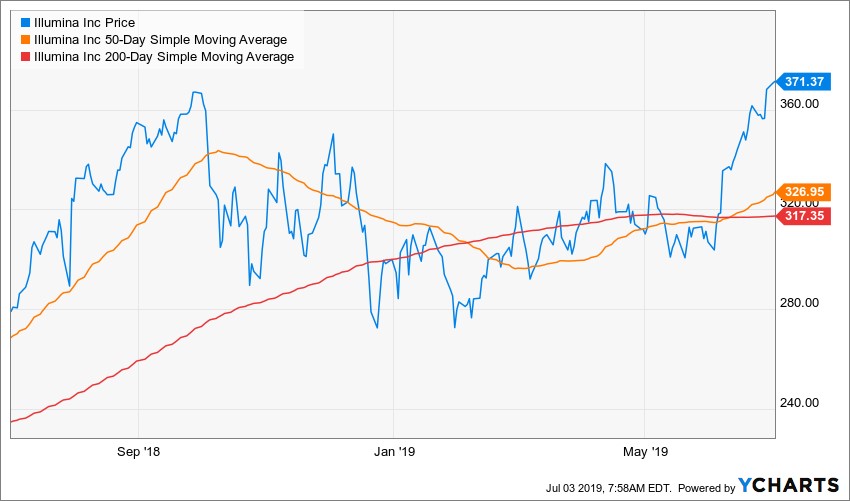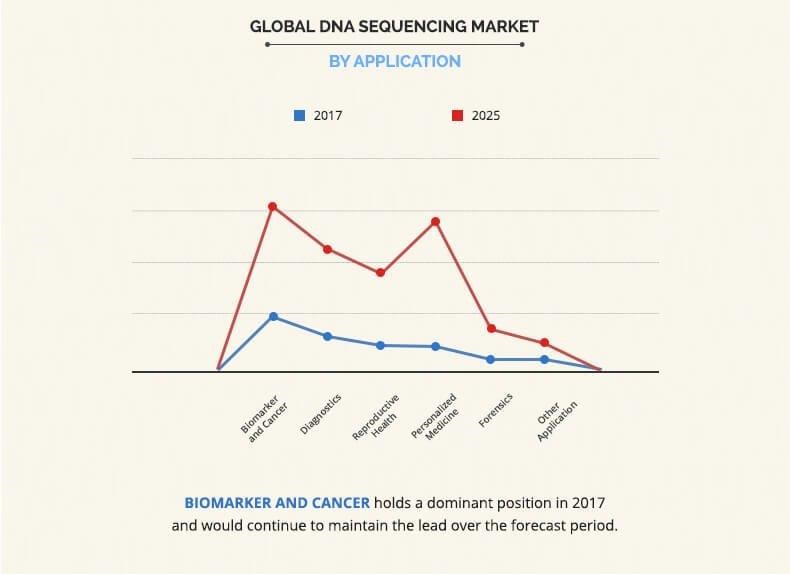Despite technological advances, most of medicine is still stubbornly one-size-fits-all. But last week, we got one step closer to personalized treatments.
The Cleveland Clinic passed a big milestone June 27. This Ohio-based medical research facility became the first to show the efficacy of using deep learning to set cancer patient dosage levels.
This is part of a larger movement called precision medicine. It’s based on the idea that a patient’s genes, environment and lifestyle offer a valuable roadmap to treating diseases.
The technology is here. Investors should get ready.
Customizing medicine is logical. Doctors should be able to use technology to deliver the right treatment to the right person at the right time.
In practice, that’s not always how it works.
Most patients diagnosed with cancer, for example, undergo a battery of oncology tests. They usually end up with surgery, chemotherapy, radiation or some combination.
But chemo is the carpet bomb of medical treatments. It destroys everything, killing good and bad cells indiscriminately.
Precision medicine is more of a smart bomb. Doctors locate the problem at the cellular level, find the right drug, calibrate the dosage based on what they know about the patient’s genetics, then hit the abnormal cells.
The Cleveland Clinic study involved 944 patients receiving radiation treatment for lung cancer. To create a tumor image signature, medical staff fed patients’ pre-treatment CT scans and data from their digital health records into a sophisticated deep-learning model.
Researchers then used the signature and artificial intelligence to determine custom radiation dosage schedules.
This ground-breaking achievement is purely digital and software-based. This means it should be able to easily scale across a wide range of range of clinical settings.
At this stage in the development of personalized medicine, that is a worthy first goal.
An army of agencies is already on board:
- The National Institutes of Health, a partner in the Cleveland study, is helping to build a 1 million volunteer sample group to draw more data.
- The National Cancer Institute will research the genomic drivers of cancer.
- The Food and Drug Administration will develop new testing techniques to speed up the drug approval process.
- And privacy groups are being consulted to ensure patient record records are safeguarded.
Pharmaceutical companies are gearing up, too.
Roche, in 2015, promised up to $1 billion to Blueprint Medicines for five small molecule projects in development. Then, in 2016, the company upped the ante with a $1 billion investment in Foundation Medicine, a molecular and genomic diagnostic company.
Illumina (LMN), a provider of diagnostic equipment and services, formed similar alliances with Germany’s Merck KGaA, AstraZeneca and Sanofi.
In fairness, Illumina executives have a self-interest …
Not only does the San Diego company make the best hardware for genetic sequencing, but it has become the software platform of choice among researchers.
The company spent $100 million in May 2018, to acquire Edico Genome, another San Diego firm, that makes gear to speed up the processing of bioinformation. Later in October, Illumina announced it was adding another five start-up companies to its accelerator program. They will get access to labs, office space, expertise counsel and seed capital during six-month cycles.
Illumina’s corporate objective is to advance science and accelerate the market for DNA sequencing solutions.
The science is relatively new. The first human genome was sequenced just 15 years ago at a cost of $2.7 billion. Today, Illumina can sequence individual genomes for about $1,000, although corporate managers are on record saying the objective is to push the price closer to $100.
Despite falling prices, Allied Research, an independent boutique research firm, predicts the market for such testing will grow to $18.2 billion by 2023, representing a compound annual growth rate of 19.6%.
Illumina had 70% of the market for DNA sequencing in 2014, according to a report from MIT Technology Review. Since then, the company has been on a buying spree, consolidating the sector through mergers and acquisitions.
Shares trade at 48x forward earnings and 16x sales. The market capitalization is $54.5 billion.
The company is no longer small, but the valuation is not extreme given the potential total addressable market.
Sales surged 21% in 2018, the fastest pace of growth since 2014.
The precision medicine story that is driving Illumina’s share price is only getting started. Long term investors can consider buying the stock into weakness.
My Tech Trend Trader members are sitting on a 71% gain in Illumina, and there are plenty more profits ahead where those came from.
To get in on massive megatrends like these well before they ripple onto other investors’ radars, click here and sign up to get my timely trade alerts.
Best wishes,
Jon D. Markman





